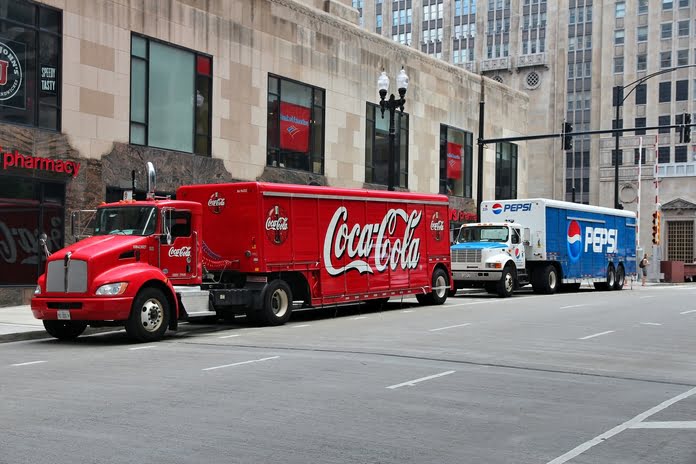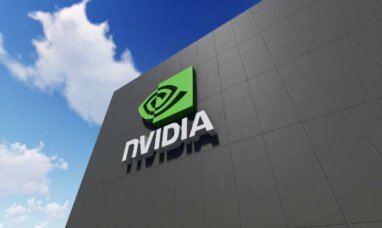If you had to invest in either Coca-Cola Co. (NYSE:KO) or PepsiCo (NASDAQ:PEP), which would be the smarter choice in today’s marketplace?
Many investors today are attempting to make this very decision, so let’s take a closer look at both stocks.
Coke vs. Pepsi
Coca-Cola Co. (NYSE:KO) and PepsiCo (NASDAQ:PEP) have long battled each other to gain greater favor with soft drink consumers.
Their ad campaigns in the 1980s and 1990s are the stuff of legend – there were endorsements from major movie and music stars, product placements in movies and TV shows, commercials with “ear-worm” jingles, and much more.
But over the years, the companies haven’t just battled for greater market share. They have also gone up against each other to win investor dollars.
So with recession fears rising and both companies having the name brand awareness and loyalty to maintain strong pricing even during a recession, which one makes more sense for investors today?
Here is a quick comparison of the two massive companies.
Coke or Pepsi?
Coca-Cola Co. (NYSE:KO) is based in Atlanta, GA. It had a stock price of $62.07 in early trading on July 20. Its market cap was 269.08 billion.
PepsiCo (NASDAQ:PEP) is headquartered in Harrison, NY. It had a stock price of $168.48 in early trading on July 20. Its market cap was 232.49 billion.
Both companies are highly successful and have incredibly valuable brands. In fact, Forbes magazine recently ranked Coca-Cola (NYSE:KO) as the world’s sixth most valuable brand.
PepsiCo (NASDAQ:PEP) wasn’t far behind. Forbes ranked it as the 36th most valuable brand. But, of course, brand popularity doesn’t necessarily make a company a better investment.
When deciding between Coca-Cola (NYSE:KO) and PepsiCo (NASDAQ:PEP) there are many factors to consider, and both companies have their advantages and disadvantages.
For instance:
Both have extensive distribution networks that, combined with their brand recognition, give them an almost insurmountable edge on any would-be competitors (other than each other, that is).
Those brand images and distribution networks also give both companies tremendous pricing power, which means they can raise their prices to remain profitable in the face of inflation or if a recession does occur.
That makes both companies possibly strong recession plays, but which is stronger than the other right now?
The answer is PepsiCo – but not because it is ahead in the beverage industry. Instead, Pepsi’s advantage comes in the fact that it also operates in the food and snack industry. That extra market reach gives the company increased opportunities for further growth, such as through developing new products and acquiring new brands.
How Are the Companies Doing Right Now?
Coca-Cola’s (NYSE:KO) P/E Ratio sits at 25.35 today. PepsiCo (NASDAQ:PEP) has a P/E Ratio of 20.3.
When comparing dividend growth, Coke has a five-year average of 3.62%, while Pepsi has an average five-year dividend growth rate of 7.39%. So going off dividend growth, PepsiCo (NASDAQ:PEP) may be the better choice.
The truth is both Coca-Cola (NYSE:KO) and PepsiCo (NASDAQ:PEP) could be strong recession plays due to their brand images.
The major risks that both companies pose to investors would come from possible damage to their pristine images and possible dividend cuts due to stagnant growth.
Currently, Coca-Cola (NYSE:KO) has a payout ratio of 70.25%, and PepsiCo (NASDAQ:PEP) has a payout ratio of 67.62%. Those percentages help reduce the risk of future dividend cuts.
So the bottom line is both companies have the brand strength and distribution networks to do well in difficult economic circumstances, including a recession.
However, since PepsiCo (NASDA:PEP) has a more diverse portfolio of products, it may be able to withstand the pressures of a down economy better.
Featured Image: Megapixl @ Tupungato

















